“Child labour exists on cocoa farms”
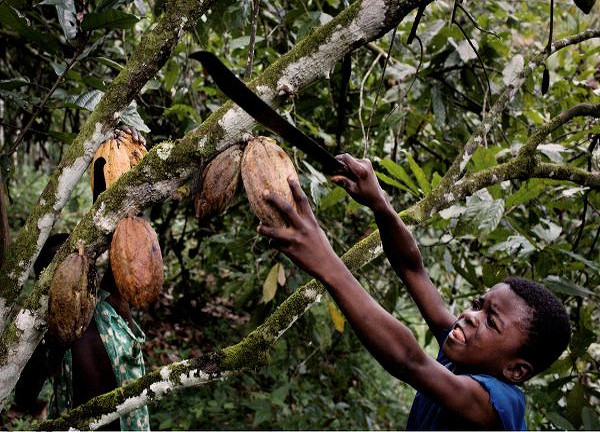
The fight against child labour should be at the top of the political agenda, the head of the world’s largest chocolate producer tells swissinfo.ch.
Jürgen Steinemann, CEO of Zurich-based Barry Callebaut, also stresses the importance of direct involvement in projects such as its Quality Partner Program, which aims to improve the quality of not only cocoa beans but also the lives of cocoa farmers.
He explains how such schemes are win-win situations and are the best way to ensure that children aren’t forced to work.
swissinfo.ch: Enjoying chocolate has a bitter aftertaste: ten years after the Cocoa Protocol was signed, child slaves are still being used on plantations in West Africa. Why is this voluntary commitment showing little lasting impact?
Jürgen Steinemann: The approach is the right one and must be supported. Child labour cannot be seen as a trivial offence – the fight against it belongs right at the top of the agenda.
For our part, we’re involved in activities of international organisations such as the World Cocoa Foundation and the International Cocoa Initiative. But these act in part from a distance, and that’s not always efficient.
Our way is the best way. With our Quality Partner Program [see link] we work directly with cooperatives. This enables us to say with conviction what is necessary to change things.
The contracts we sign with the cooperatives contain a code that excludes child labour. However, a signature on a piece of paper is no watertight guarantee. I know that child labours exists on cocoa farms. And even with our programme we can’t rule it out because we’re not on location 24/7. We can’t control what goes on between 10pm and 2am.
But because our staff are in the cooperatives every day and can see the situation with their own eyes, we’re doing as much as we can humanly do to prevent child labour. This is the most efficient way.
swissinfo.ch: What do you do if you see children working?
J.S.: I myself have an agricultural background and gathered hay as a child. Is that child labour? It’s not easy drawing the line.
For example, the demand that children must not use machetes was made behind a desk in a distant city. In the country, children need machetes to clear the way to school.
One has to approach the issue practically and differentiate between well-intentioned work and forced child labour. Whenever I’m on a cocoa farm, I see many children. But those who are working against their will aren’t usually visible when white people are around.
swissinfo.ch: An important issue is schools. What is Barry Callebaut doing here?
J.S.: We have a great interest in supporting cocoa farmers and their environment. We work to improve the harvest, from not only a quantitative but also a qualitative point of view. Both sides benefit from that.
But child labour isn’t the only challenge when trying to increase cocoa yields. Rubber plants for example are much easier to cultivate. Then there’s the general rural exodus, which we also know in Switzerland.
Support isn’t only a question of money. With the Quality Partner Program we want to improve access for farmers and their families to education, clean water and medical care.
swissinfo.ch: Child labour is a by-product of poverty, because the cocoa farmers don’t earn enough to send their children to school. Is it naive to believe that a sustainable supply chain begins with a fair purchase price for producers?
J.S.: Apart from the fact that the high price of cocoa means farmers receive double what they did two years ago, I’d like to put the ball back into the consumers’ court. If consumers were prepared to pay more for their chocolate, it would be easier for everyone in the chain – from farmers to consumers.
In Switzerland we had the same problem with the price of milk. If consumers aren’t prepared to pay higher prices for a valuable product such as milk, they are part of the problem.
If we really want to make long-lasting improvements to the world, everyone must be prepared to pay more for valuable everyday foodstuffs. If not, they’ll have to live with a few “compromises”.
Barry Callebaut is the world’s leading manufacturer of cocoa, chocolate and confectionary products – from the cocoa bean to the finished product.
It was created in 1996 through the merging of the Belgian chocolate producer Callebaut (founded 1850) and the French company Cacao Barry (1842). Its headquarters are in Zurich.
It is present in 26 countries and employs 7,500 people.
Net profit for the 2009/2010 business year was SFr252 million ($258 million), while sales were up by 6.8 per cent at SFr5.2 billion.
Sales of Swiss chocolate dropped 5.9% last year, the first drop in volumes for six years.
Sales sank to 174,109 tonnes in 2009 while turnover was down 6.4% to SFr1.7 billion, according to figures from the Association of Swiss Chocolate Manufacturers (Chocosuisse).
Of total production, 60.7% was sold abroad, just up on the 60.3% in 2008.
The downturn was blamed on the general poor global economic conditions, a fall in tourist numbers and the strengthening of the Swiss franc.
Small chocolate bars were the most popular products while consumers tucked into slightly more chocolate during Easter and Christmas than in 2008.
Each Swiss eats an average 11.7 kilos of chocolate a year, making Switzerland the biggest per capita consumer of chocolate in the world.
(Adapted from German by Thomas Stephens)

In compliance with the JTI standards
More: SWI swissinfo.ch certified by the Journalism Trust Initiative
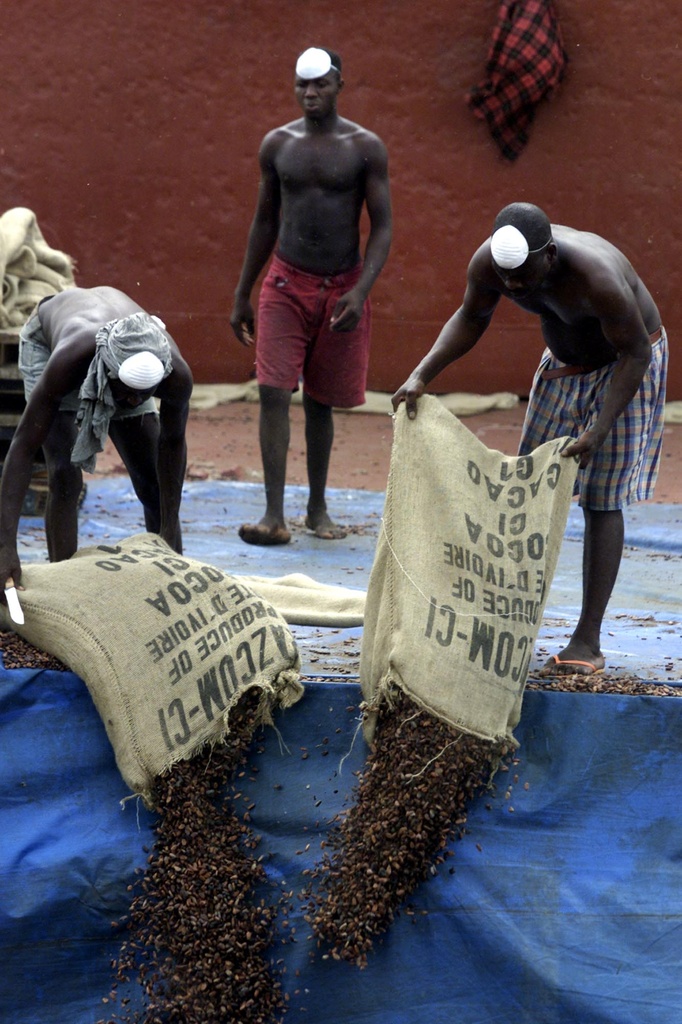

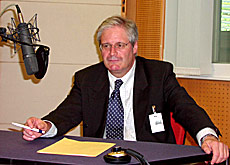
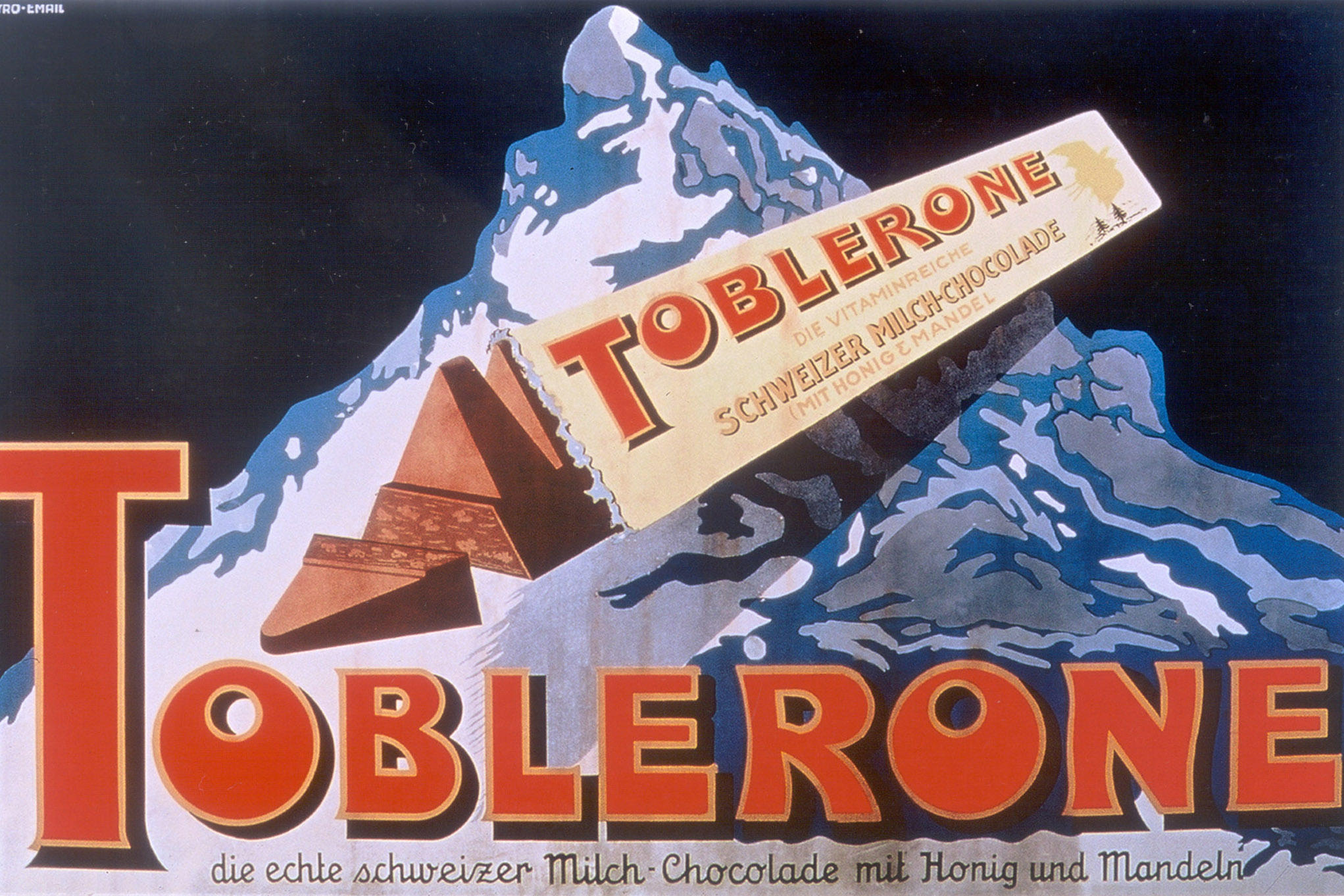
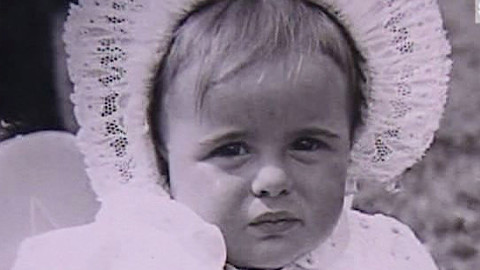
You can find an overview of ongoing debates with our journalists here. Please join us!
If you want to start a conversation about a topic raised in this article or want to report factual errors, email us at english@swissinfo.ch.